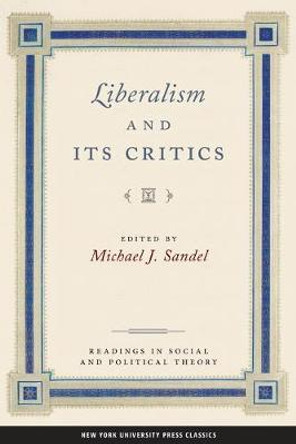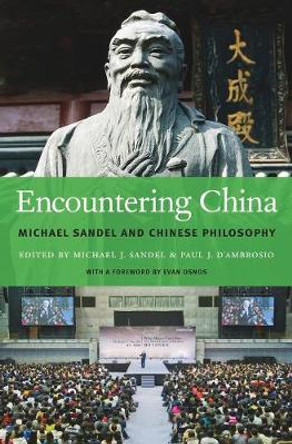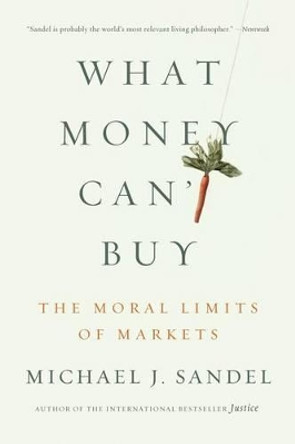A liberal society seeks not to impose a single way of life, but to leave its citizens as free as possible to choose their own values and ends. It therefore must govern by principles of justice that do not presuppose any particular vision of the good life. But can any such principles be found? And if not, what are the consequences for justice as a moral and political ideal? These are the questions Michael Sandel takes up in this penetrating critique of contemporary liberalism. Sandel locates modern liberalism in the tradition of Kant, and focuses on its most influential recent expression in the work of John Rawls. In the most important challenge yet to Rawls' theory of justice, Sandel traces the limits of liberalism to the conception of the person that underlies it, and argues for a deeper understanding of community than liberalism allows.
Sandel traces the limits of liberalism to the conception of the person that underlies it, and argues for a deeper understanding of community than liberalism allows.Reviews'His is a new and authentic philosophical voice ... Michael Sandel's elegantly argued book ... describes what I take to be the reality of moral experience.' Michael Walzer, The New Republic
Book InformationISBN 9780521567411
Author Michael J. SandelFormat Paperback
Page Count 252
Imprint Cambridge University PressPublisher Cambridge University Press
Weight(grams) 390g
Dimensions(mm) 229mm * 150mm * 18mm









